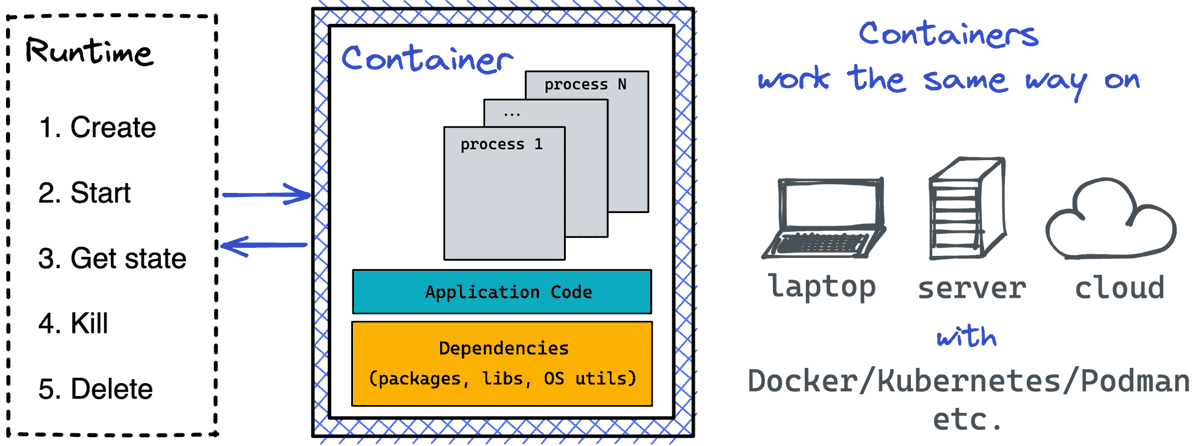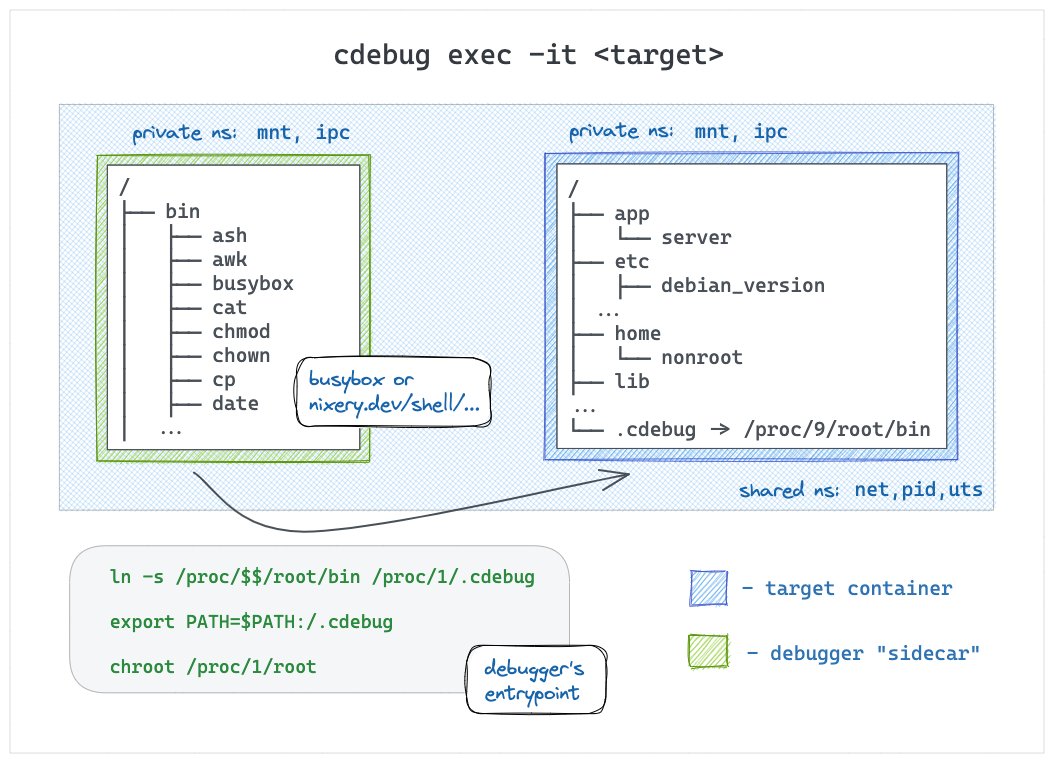
Great news, everyone! I've got the engine for my courses & labs platform done ❤️🔥
It's a full-blown distributed system with Firecracker on the very end and a Nuxt app on the front.
Here is what three months of nights and weekends look like (the design is not final, of course) 👇
It's a full-blown distributed system with Firecracker on the very end and a Nuxt app on the front.
Here is what three months of nights and weekends look like (the design is not final, of course) 👇
On to the content now!
Think of it as my blog, LeetCode, and Katacoda combined. Or maybe even CodinGame at times (if you know what I'm talking about).
It's gonna be a totally different learning experience for everyone who wants to master containers, Kubernetes, and the like 🚀
Think of it as my blog, LeetCode, and Katacoda combined. Or maybe even CodinGame at times (if you know what I'm talking about).
It's gonna be a totally different learning experience for everyone who wants to master containers, Kubernetes, and the like 🚀
• • •
Missing some Tweet in this thread? You can try to
force a refresh
















